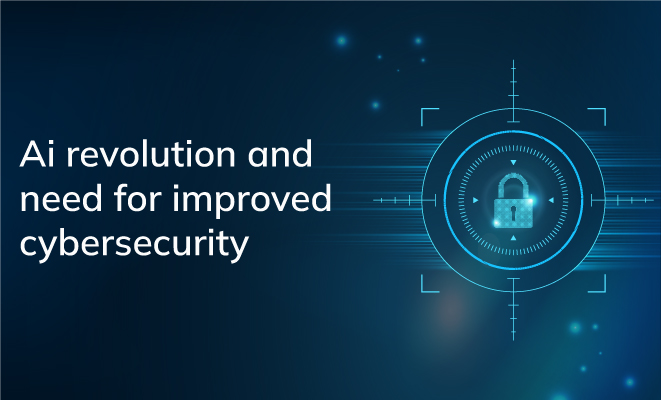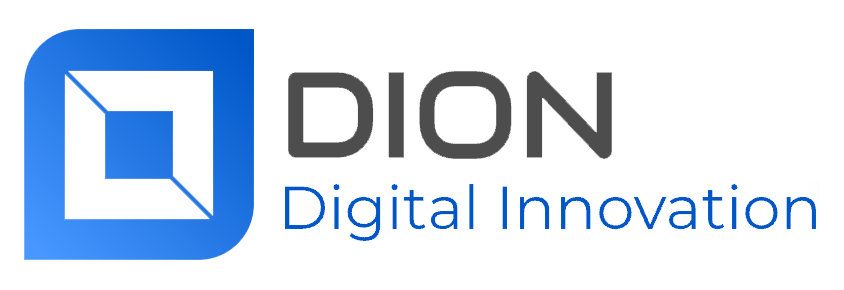AI revolution and need for improved cybersecurity
Artificial Intelligence (AI), as a powerful tool, has revolutionized various industries such as education, finance, healthcare, and others. AI integration in these sectors has resulted in numerous benefits offering personalized learning experiences, quicker and easier medical diagnostics etc. However, with increased reliance on AI, robust cybersecurity measures become paramount. It is crucial to safeguard sensitive data against cyber threats.
Here are a few use cases of how AI has significantly improved the education and the healthcare sector:
- AI-powered educational systems are smart, self-trainable and more. The systems analyze student data and behavior to offer relevant learning programs. They optimize the experience for each student, understanding their unique academic outcomes. Immersive virtual classrooms help students learn irrespective of geographical barriers.
- With intelligent tutoring systems, students can receive real-time feedback on their assignments. It is like a 24/7 tutor available to help students identify areas of struggle and guidance to improve. This way the turnaround time to check assignments, and provide feedback, is reduced significantly. AI can also help teachers identify the learning disabilities of students and suggest expert help to address individual needs.
- In healthcare, AI algorithms can analyze X-rays, MRI scans, etc. with high precision resulting in timely medical intervention. Improved health outcomes are being achieved with the use of AI in healthcare. People now have access to personalized treatment plans that claim higher efficacy and reduced side effects.
- Access to real-time data in remote patient monitoring has further improved chronic disease management. AI-powered chatbots and virtual assistants can offer medical advice and schedule appointments. All of this has led to improved patient experience.
A Call for Improved Cybersecurity:
With our deep reliance on AI in the education and healthcare sectors, there’s a need for robust cybersecurity measures. There have been several instances of cyber threats globally wherein the cases of data breaches, ransomware attacks, AI algorithm exploitation, impersonating, and medical device hacking have come to the surface.
AI systems store large volumes of sensitive student and patient data. Several cases were highlighted where hackers gained unauthorized access to people’s personal information risking their privacy and security. Recently in the news, a single Indian firm was hit by 2000+ cyber-attacks on average per week in the last six months. Hence, we know that the threat landscape is too evolving with the development of technology. Cybercriminals are leveraging the latest AI and stretching their borders to exploit Generative AI tools to breach sensitive data.
Conclusion:
With advancements in technology and AI integration in several industrial sectors, the opportunities to revolutionize the domains are tremendous. But similar is the case with cybercriminals, as they too can leverage advanced technologies for cyberattacks. Hence, there’s a call for enhanced cybersecurity to protect sensitive data. All sectors, such as educational institutions, healthcare and policymakers, must ensure safe and responsible adoption of AI by prioritizing cybersecurity. It is the only way to leverage the full potential of AI and drive positive change and advancements in society at large.
Author



